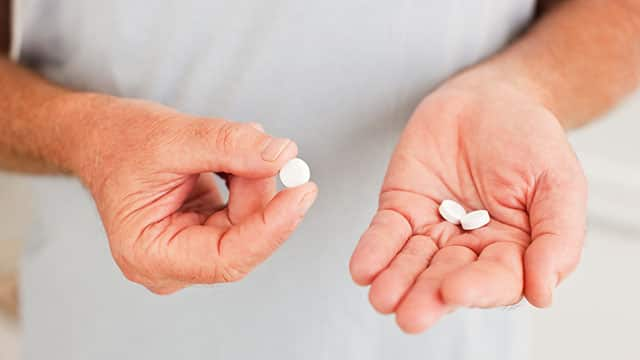More than 47,000 Americans died of opioid overdose in 2017, and more than 2 million Americans currently live with an addiction to opioids. That's too many. It's safe to say that it's essential to take precautions if your dentist (or doctor) prescribes you with opioids. As you read on, we'll look into what opioids are, how to properly use prescription medications, and alternative options for pain management.
What are Opioids?
Opioids are narcotics, a class of drugs naturally found in the opium poppy plant. They work in the brain to produce a variety of effects, including the relief of pain. How? By blocking pain signals that exist between the brain and the body. Some common prescription opioids include:
- Hydrocodone: commonly known as the brand name Vicodin
- Oxycodone: brand names OxyContin or Percocet
- Morphine
- Codeine
Opioids make your body release a feel-good hormone called dopamine, which can make you experience relaxation or a "high." This feeling can lead to serious addiction. It's always important to take great care when it comes to pain killers and work with your dentist to find the best option.
The Risks of Opioids
When opioids are prescribed and taken correctly, they are considered a safe and effective pain management tool. However, regular use of these prescribed medications can increase your tolerance and dependence, requiring higher and more frequent doses. They can also lead to addiction or even a fatal overdose if misused.
Because of this, the Food and Drug Administration decided in 2016 that prescription opioids must come with a warning about the risks of misusing them.
Opioids can also interact with other medications and diseases. So it's essential to connect with your dentist about all your current medications and inform them about any drug use in your life. That way, you're setting yourself up for success.
It's also important to note that many addictions to opioids don't come from the genuinely prescribed people. It's not uncommon for friends or family members to take these pills from the medicine cabinet or lift them out of the trash. So talk to your family about the risks, secure your prescription properly, and safely dispose of them. The general rule of thumb about disposal is to follow any instructions on the label. You can also ask your health care provider about the best way to eliminate any excess pills.
What Do I Do If I've Been Prescribed An Opioid?
If you're prescribed an opioid, it's essential to make sure that you have a conversation with your dentist first! Opioids can be beneficial and supportive in recovery if you ask the right questions and follow all of the instructions.
Here are some key things you should ask your dentist:
- What if my family or I have a history of substance abuse?
- Are there any alternatives?
- When and how should I take these?
- Are there any risks for me from this medication?
- Is it okay to take them with my current medications?
- What do I do with any extra medication?
If you and your health care provider agree that an opioid prescription is the best option for managing your pain, follow all treatment instructions. Also, keep your medications to yourself so you and your community can stay safe.
What Are The Alternatives To Opioids?
Opioids are not the only option where dental pain and post-operative care is involved. In the past, opioids were prescribed more frequently for dental work. But with all of the issues with opioid addiction, dentists have become more mindful over the last several years about prescribing them. And in 2016, the American Dental Association House of Delegates put out this statement: "Dentists should consider nonsteroidal anti-inflammatory analgesics as the first-line therapy for acute pain management."
This means that over-the-counter medicines, like ibuprofen and acetaminophen, should be considered first for pain relief following dental procedures. These medications can be effective. They can also be combined with opioids to provide relief with smaller doses of the more risky substances.
Prescription drugs, particularly opioids, have their role and help many people manage their pain after dental procedures. That being said, it's always important to be aware of the risks involved with pain killers to protect yourself, your family, and your community. The risk of tolerance, dependence, and addiction is real. So always make sure to share your past/current substance abuse history with your health care provider. Ask a lot of questions – like "can I take this with my other medicine?" And if needed, talk to your dentist about alternative options. With this information, you now know how to use caution when it comes to prescription drugs related to dental care. So go ahead, don't wait: connect with your dentist today about the best and safest option for you!
Oral Care Center articles are reviewed by an oral health medical professional. This information is for educational purposes only. This content is not intended to be a substitute for professional medical advice, diagnosis or treatment. Always seek the advice of your dentist, physician or other qualified healthcare provider.
ORAL HEALTH QUIZ
What's behind your smile?
Take our Oral Health assessment to get the most from your oral care routine
ORAL HEALTH QUIZ
What's behind your smile?
Take our Oral Health assessment to get the most from your oral care routine














